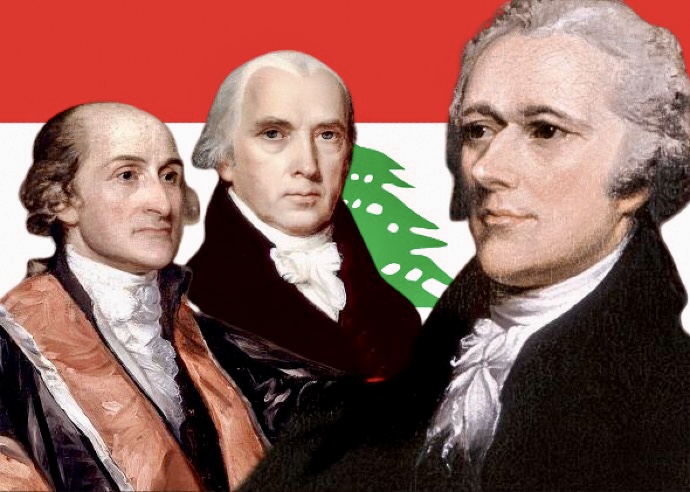
From the ancient Canaanites to the modern Lebanese Republic, civilizations have thrived and clashed on the mountainous land that is Lebanon. Today, its people are divided into 18 different religious sects that are all, theoretically at least, governed by the centralized and unitary entity known as the Lebanese State. Unfortunately, this diversity - often celebrated as the root of the country’s rich culture and History - has also been the cause of long-lasting and repetitive instability and conflict. These disastrous events have hindered Lebanon’s development and prosperity, subsequently impoverishing its people, who have grown to lose hope in their homeland.
The unitary system, put in place 80 years ago, has failed to establish a functional state. Major and deep reforms are essential to save Lebanon from its deplorable condition. No subject should be deemed too controversial, and every possible solution must be explored. A major change that must be made is a revision of Lebanon’s administrative organization. Among the propositions is the adoption of a new Federalist structure. However, this idea is often clouded by myths and misconceptions. So, what exactly is federalism?
Federalism is defined as a system where governance is shared on two levels: local and national. In a unitary system, the central state creates the laws, enforces them, judges those who break them, and decides the budgets. Under a federalist system, these powers would also be delegated to local institutions. The central state becomes the federal state, while each locality becomes a federated state.
Therefore, in Lebanon’s case, regions would be able to govern themselves instead of being subordinate to the Ministry of the Interior. This would allow each region to adopt the laws most fitting the demands and needs of its inhabitants. It would also help reduce corruption, as local citizens would be able to directly keep track of where their tax money is spent. Public services could become more efficient and more accessible, making life easier.
Whatever the region, Lebanese citizens will all remain Lebanese and will keep their freedom of movement across the whole country. They would vote for both local and national decision-makers. They will now have the choice to live in whichever area they find suits their political, economic, and cultural beliefs best. Nationwide decisions would be decided through Parliament and would be binding on all regions. Furthermore, matters like Lebanon’s military and foreign relations would remain the responsibility common to the whole country. A second parliamentary chamber would be established to ensure equal representation of all regions in national decision-making.
On every continent, many countries have adopted some form of federalism. Lebanon’s diversity is not unique in the world, nor should it be an excuse for it to stay behind. Take Singapore, a country ten times smaller and twice as diverse, which has risen to become one of the richest and most powerful on Earth. For federalism to work in Lebanon, it must be accompanied by constitutional, electoral, and civil reforms. But federalism provides a system where no part of the country can keep others hostage and submissive. It offers shared governance, accountability, and ultimately, a more stable Lebanon.